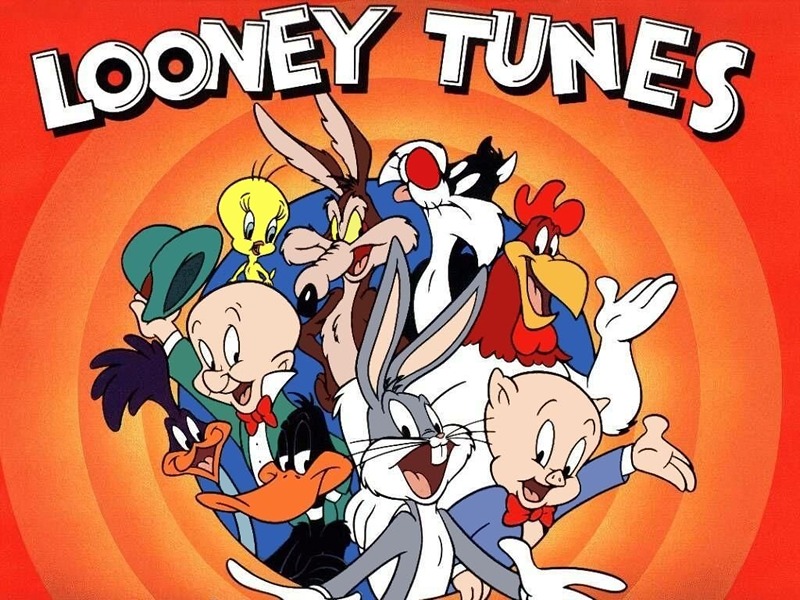 So the event was held and put together by Youth Pride Inc. and the schools HOPE group for LGBTQ youth at RIC. The woman that spoke started off by telling us her story and that on the outside it looks like she is a straight woman because she is married. The truth is that she is bisexual and used to date women before she married her husband. As I was looking at her I couldn't tell at all and that was the cool part about it. The speaker used a lot of the things we learned in class this semester (she even had the same line graph that Dr. Bogad put on the board to show gender, sex, and sexual orientation). I thought it was amazing how closely our class and the speaker put the information.
So the event was held and put together by Youth Pride Inc. and the schools HOPE group for LGBTQ youth at RIC. The woman that spoke started off by telling us her story and that on the outside it looks like she is a straight woman because she is married. The truth is that she is bisexual and used to date women before she married her husband. As I was looking at her I couldn't tell at all and that was the cool part about it. The speaker used a lot of the things we learned in class this semester (she even had the same line graph that Dr. Bogad put on the board to show gender, sex, and sexual orientation). I thought it was amazing how closely our class and the speaker put the information.
The speaker told us about Youth Pride Inc. and that it was here to provide support and advocate for LGBTQ youth. They have been doing it since 1992 and have drop-in spaces where people can go to do homework or anything. They also have GSA (Gay Straight Alliance) networks and support groups that youth can go to. In 2012 Youth Pride Inc. had 726 youth members and 30% of them were straight allies.
During the event members of HOPE were sitting at each table so they could have a conversation with us about how to create safe spaces. All I could think of was Gerri August and the article we read about safe spaces. My group came up with using gender neutral language, using preferred names/pronouns, and using visual cues to help us think about what we are saying so we don't hurt anyone's feelings.
Overall I really enjoyed the event because I felt like it brought everything we learned in class together and gave some real world examples to use. Also, it definitely made me think about how safe my schools were and how safe RIC is.

















